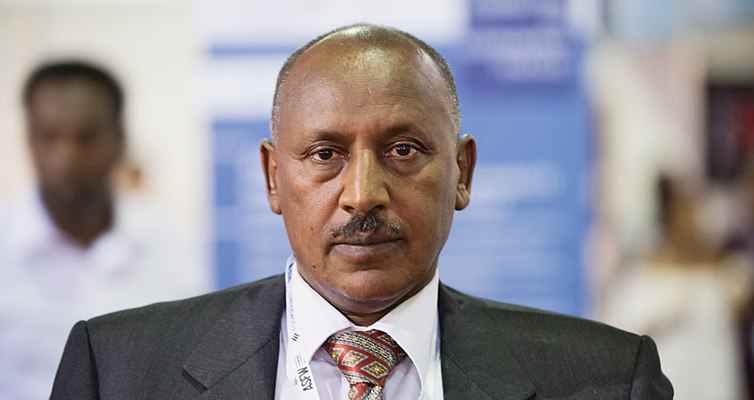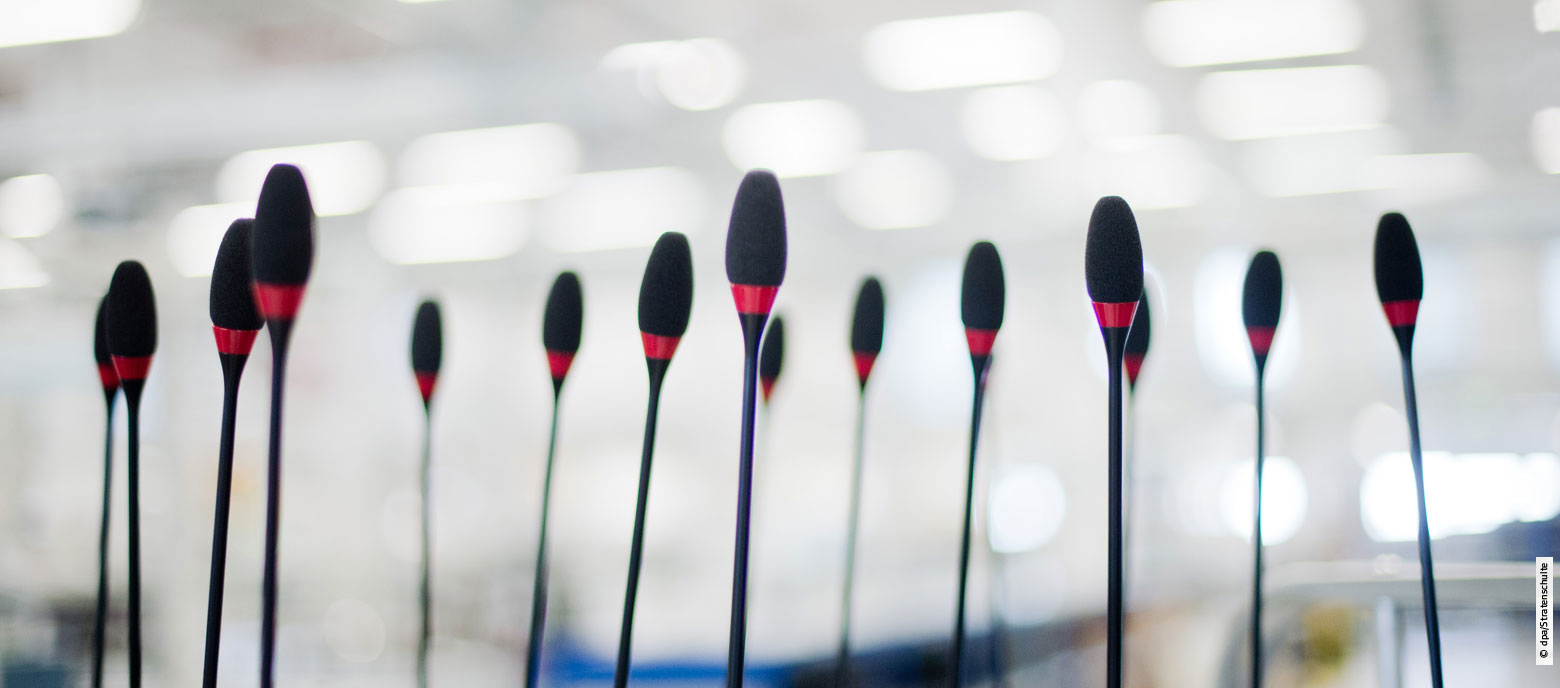‘Ethiopia’s bridge to industrialisation’

Mr Tadesse, your textile company got off to a slightly shaky start in 2004. What kind of challenges did you face?
We had to import fabric but found it difficult to source adequate quantities. That was one reason why our initial productivity was low.
How did GIZ support you?
One way GIZ helped us was in developing our employees’ skills. It brought training experts over from Germany; they stayed for four weeks, analysed our working processes and set production targets for us. We learned, for example, the best way to design our production lines, and that helped us become more efficient.
'GIZ has introduced us to the global market'
And what impact did these changes have on your company’s growth?
Seven years ago, we were producing around 20,000 garments a month. Now it’s 20,000 a day. GIZ has also introduced us to the global market: our clients now include companies in Germany and the USA.
Wages in Ethiopia are lower than in Bangladesh and other countries with major textile sectors. Are they likely to rise in the years ahead?
Our employees learn quickly, and the seamstresses’ productivity is likely to increase in the near future, which will of course increase pay levels. However, unemployment is very high in Ethiopia, so productivity is likely to increase more rapidly than pay.
'Employs large numbers of people'
GIZ is planning to organise the construction of workers’ accommodation. Why should employers concern themselves with better living conditions for their workforce?
Having their own apartment is usually out of the financial reach of ordinary Ethiopian workers, but they could potentially access shared housing, supported by the employer in a lease-purchase model, for example.
Why is the Ethiopian Government currently promoting the textile industry so energetically?
The industry is Ethiopia’s bridge to industrialisation. It employs large numbers of people and has particularly high potential for growth. The textile industry is also very competition-oriented, meaning that young managers have excellent prospects. A bigger textile industry will bring on a new generation of young entrepreneurs who have the skills to play a major role in Ethiopia’s future development. By building up a strong textile industry, we will develop Ethiopia very rapidly.
published in akzente 1/18
